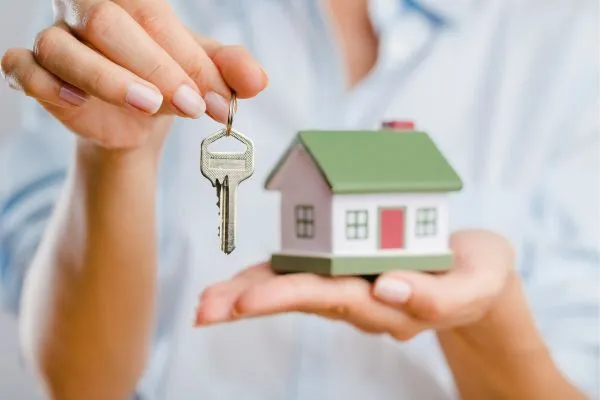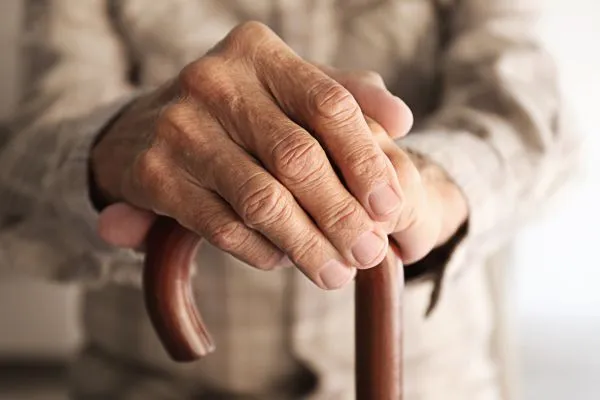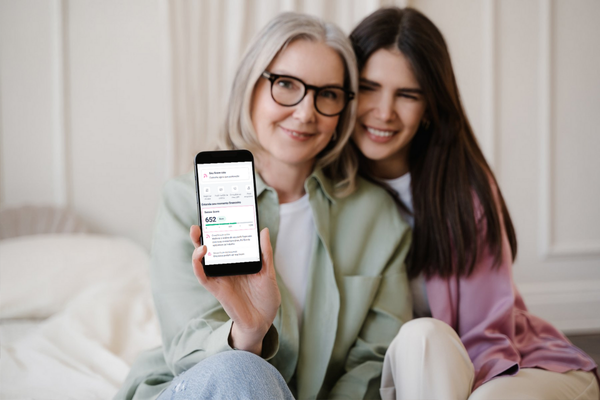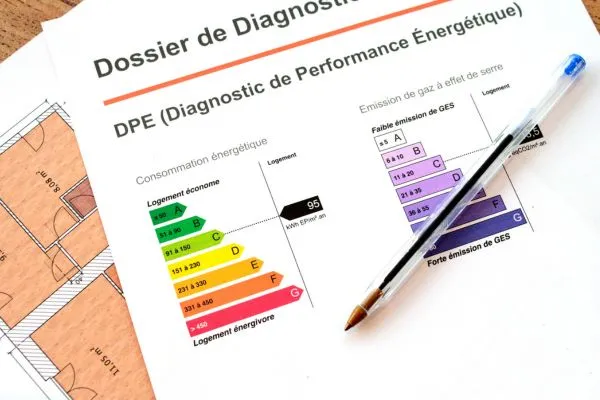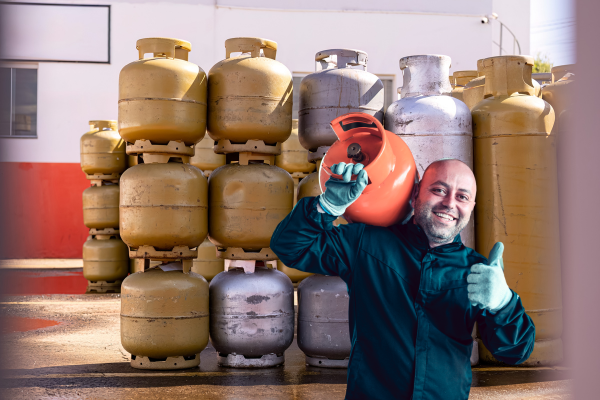4 Government Benefits for Low-Income People
Advertisements
Social inequality is a reality that impacts millions of Brazilians. To alleviate this situation, the government provides a series of benefits aimed at low-income people.
These programs are essential to guarantee access to basic rights such as health, education and food security.
Often, due to a lack of information, families fail to take advantage of these opportunities that could transform their lives.
Knowing these rights is the first step to improving your quality of life and having access to essential resources.
Want to know how these benefits can help you or your family? Find out below which are the main programs available and how you can access them.
What are government benefits?
Government benefits are programs created to meet the basic needs of the population in situations of social vulnerability.
They aim to provide financial support, access to essential services and opportunities to improve people's quality of life.
These programs include initiatives such as financial aid, subsidies for health and education services, and even incentives for housing and food.
They are especially aimed at low-income families, helping to reduce social inequalities and promoting inclusion.
Benefit 1: Brazil Aid
THE Brazil Aid, formerly Bolsa Família, is one of the best-known programs. It offers direct income transfers to families living in poverty and extreme poverty, helping them meet basic needs such as food, health care and education.
How does it work?
The program is aimed at families with a per capita income of up to R$105 (extreme poverty) or up to R$210 (poverty). In addition to the base amount, the benefit may include additional benefits for pregnant women and children and adolescents in school.
How to access?
You must be registered in the Single Registry (CadÚnico) and meet the income criteria. The benefit can be requested through the CRAS (Social Assistance Reference Center) in your city.
Benefit 2: Social Electricity Tariff
THE Social Electricity Tariff is an initiative that offers discounts on electricity bills for low-income families.
This benefit is essential to ease the monthly budget and guarantee access to a fundamental resource.
How does it work?
Discounts are applied progressively: the lower the energy consumption, the greater the discount. Families that consume up to 30 kWh, for example, can receive up to 65% in discounts.
How to access?
You must be registered with CadÚnico and request the benefit from the electricity provider in your region. Documents such as ID, CPF and Social Identification Number (NIS) are required.
Benefit 3: My Home, My Life Program
THE My Home, My Life is a housing program that facilitates access to housing for low-income families.
It offers special conditions for property acquisition, including subsidies and reduced financing rates.
How does it work?
The program serves families with incomes of up to R$2,640 and allows financing of properties in urban and rural areas. The amount of the subsidy varies according to income and location of the property.How to access?
Registrations can be made directly at city halls or at partner financial institutions, such as Caixa Econômica Federal.
Benefit 4: Continuous Benefit Payment (BPC)
THE BPC It is intended for seniors aged 65 or over and low-income people with disabilities. It guarantees the payment of a monthly minimum wage, even for those who have never contributed to Social Security.
How does it work?
The program requires proof that the family income per person is less than 1/4 of the minimum wage. In addition, the applicant must be registered with CadÚnico.
How to access?
The benefit can be requested at the INSS, in person or through the website/app “Meu INSS”. Personal documents and proof of income are required.
How to access the benefits?
Below is a simple step-by-step guide to ensuring access to these programs:
- Follow the progress
Some benefits require periodic updating of information. Pay attention to dates and requirements. - Register with CadÚnico
The Single Registry is the gateway to most social benefits. Look for the nearest CRAS to register. - Check eligibility criteria
Each program has specific requirements. Make sure your family meets the necessary requirements. - Gather the documents
Documents such as ID, CPF, proof of residence and NIS are frequently requested. - Apply for the benefit
Go to the responsible body (such as CRAS, INSS or dealership) or use the available digital channels.
What are the government benefits for low-income people?
The government offers several social programs for low-income people, including Auxílio Brasil (formerly Bolsa Família), Continuous Benefit Payment (BPC), Social Electricity Tariff, among others.
How can I apply for government social programs?
To register, you must be registered in the Single Registry (CadÚnico). Registration can be done at the nearest Social Assistance Reference Center (CRAS).
Who is entitled to Auxílio Brasil?
Families living in poverty or extreme poverty, with a monthly per capita income of up to R$$ 210, are entitled to Auxílio Brasil.
What documents are required for the Single Registry?
Documents such as CPF, RG, birth or marriage certificate, voter registration card and proof of residence are required.
How do I know if I am registered in the Single Registry?
You can check your registration on the official “Cadastro Único” application or by consulting the CRAS in your region.
Government benefits are essential tools for reducing inequalities and promoting social inclusion, providing crucial support to low-income families.
These programs not only help meet immediate needs such as food, housing and energy, but also provide long-term opportunities such as access to education, healthcare and professional training.
They are a bridge to a more dignified life and to building a more promising future.
However, many people fail to take advantage of these benefits due to lack of information or access.
It is essential that every citizen is aware of the programs available and their rights. This will not only improve their quality of life, but also ensure that essential resources reach those who need them most.
Don’t just look at the programs – actively seek out the tools that can transform your reality.
Find out more at the nearest CRAS, consult the official websites and apps, and, whenever possible, help other people do the same.
Real change begins when we seize opportunities and share knowledge.
With the right information and support, you can open new doors, achieve more stability and contribute to a fairer society.
Don't waste time: seek your rights today and take the first step towards transforming your life and that of your family.

